Purge Pesticides From Your Schoolyard and Community
There was a strange stillness. The birds, for example — where had they gone? Many people spoke of them, puzzled and disturbed. The feeding stations in the backyards were deserted. The few birds seen anywhere were moribund; they trembled violently and could not fly. It was a spring without voices.
— Rachel Carson
Silent Spring, 1962
Rachel Carson’s classic book awakened the world to the perils of pesticides, which harm not only unwelcome weeds and bugs but also birds in the air, fish in the waters, life-giving plants on the earth, and, inevitably, ourselves. Almost 40 years later, we’ve outlawed some of the deadliest pesticides. Many others remain in popular use around homes and schools and continue to poison wildlife and people. It seems we can’t control pests without pesticides. Or can we? Here are a few alternatives:
- Grow marigolds, garlic, chrysanthemums, basil, savory, or mint among schoolyard plants. Their odours and secretions repel many pests.
- Try manual methods, like pulling dandelions, plantain, and other weeds by hand; picking off and disposing of insect larvae; blasting pests, such as aphids, spider mites, and slugworms, out of trees with a hose; pulling off and discarding infested leaves; and hoeing the earth to eliminate weeds and to keep plants healthy and pest resistant.
- Attract hungry insectivores, like songbirds, bats, amphibians, and predatory insects, through habitat projects found on this Web site.
- Brew your own bug spray. Mix 100 ml of crushed hot peppers with 400 ml of water. Strain the concoction and spray it on infested plants. (Note that hot peppers can irritate eyes and skin.)
- Search a local library for books about natural pest-control methods.
Once you’ve studied the hazards of harmful chemicals and explored alternatives, take steps to make your school and community pesticide free:
- Share your knowledge and concerns with parents, teachers, students, your principal, custodians, nurses, and other staff. Ask interested parties to sign a pledge to reduce or abolish the spraying of pesticides in your schoolyard.
- Link up with others opposing the use of these chemicals. Share ideas, strategies, and information. Some helpful partners might include doctors, medical associations, cancer advocacy groups, environmental organizations, field-naturalist groups, fish and game associations, and organic gardening clubs.
- Write letters to local politicians urging tighter controls over pesticides. Submit a news release stating your concerns to community newspaper, television, and radio reporters. Encourage them to run commentaries on the hazards of bug and weed killers.
- Approach your municipal council with a proposal to prohibit or restrict the spraying of pesticides. Towns like Chelsea, Hudson, and Westmount, Quebec, have passed by-laws banning the “cosmetic use” of these chemicals.













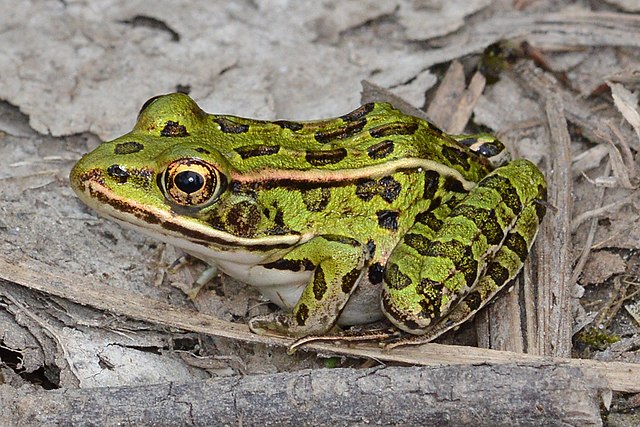
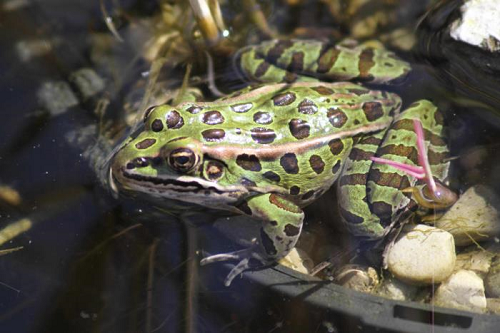
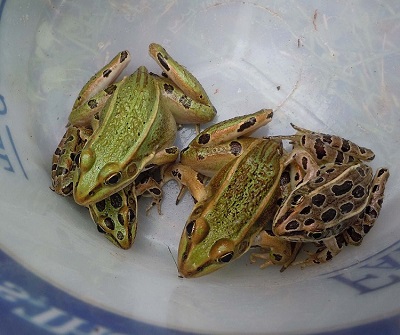
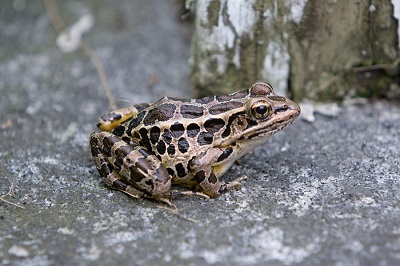

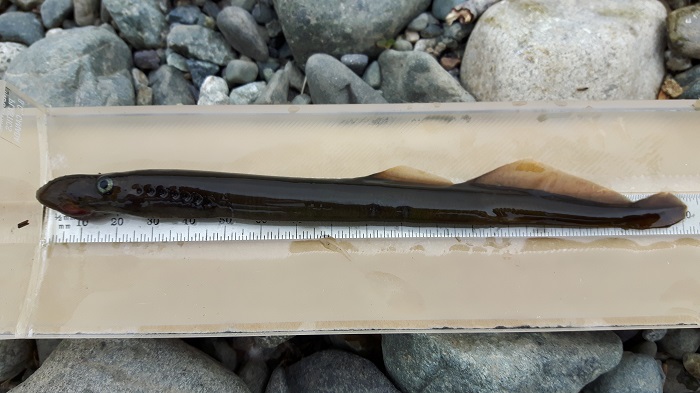





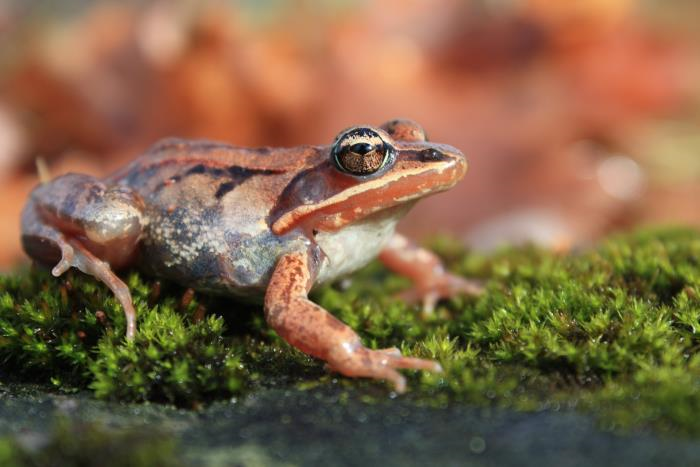



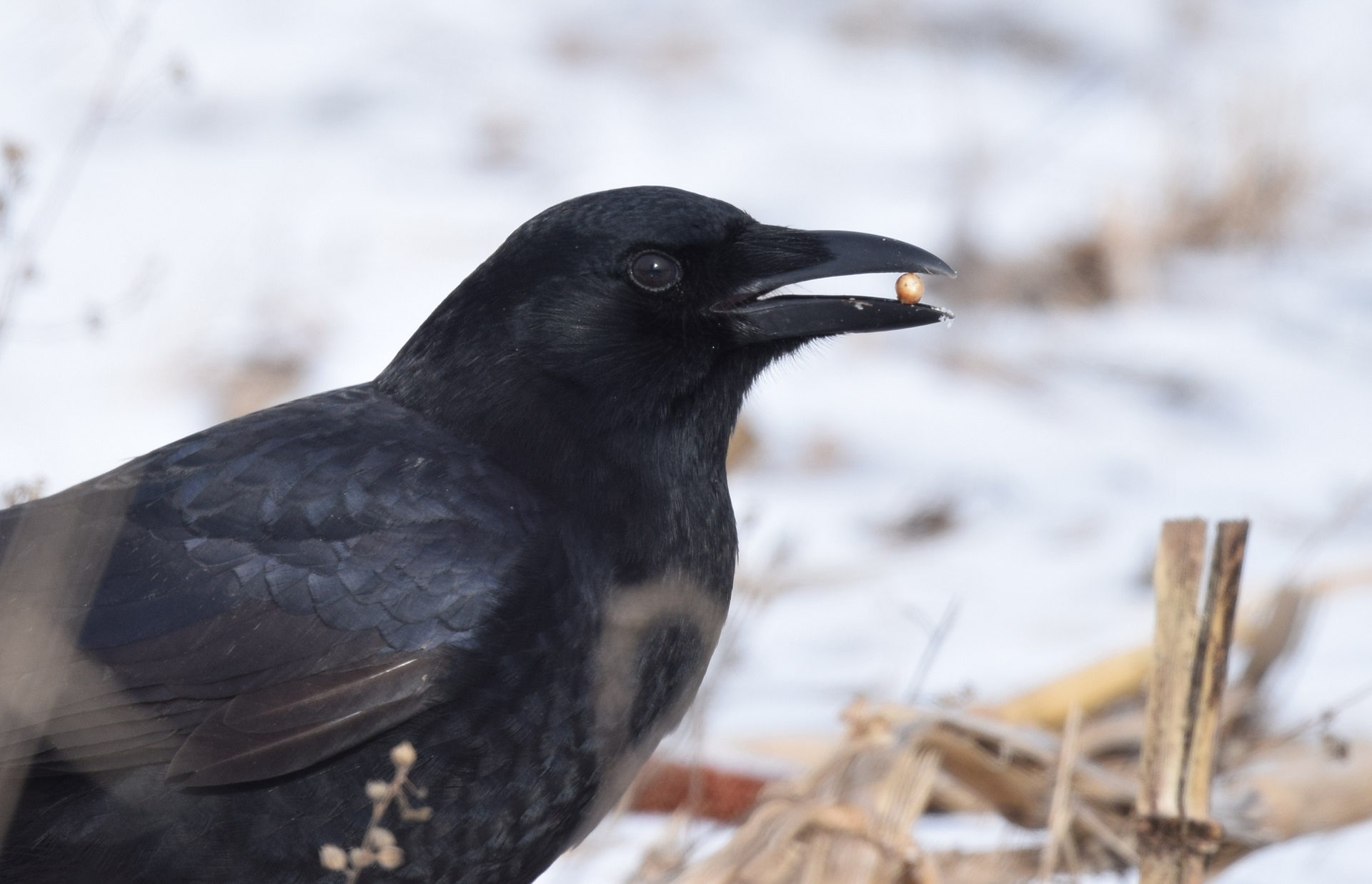


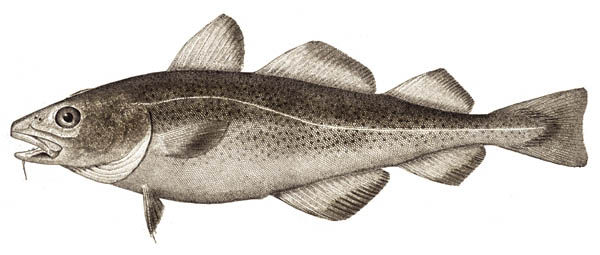 The Atlantic Cod (Gadus morhua) is a medium to large saltwater fish: generally averaging two to three kilograms in weight and about 65 to 100 centimetres in length, the largest cod on record weighed about 100 kg and was more than 180 cm long! Individuals living closer to shore tend to be smaller than their offshore relatives, but male and female cod are not different in size, wherever they live.
The Atlantic Cod (Gadus morhua) is a medium to large saltwater fish: generally averaging two to three kilograms in weight and about 65 to 100 centimetres in length, the largest cod on record weighed about 100 kg and was more than 180 cm long! Individuals living closer to shore tend to be smaller than their offshore relatives, but male and female cod are not different in size, wherever they live.
 The North Atlantic Right Whale (Eubalæna glacialis) is one of the rarest of the large whales. It can weigh up to 63,500 kilograms and measure up to 16 metres. That’s the length of a transport truck and twice the weight! Females tend to be a bit larger than males – measuring, on average, one metre longer. Considering its weight, it’s fairly short, giving it a stocky, rotund appearance. Its head makes up about a fourth of its body length, and its mouth is characterized by its arched, or highly curved, jaw. The Right Whale’s head is partially covered in what is called callosities (black or grey raised patches of roughened skin) on its upper and lower jaws, and around its eyes and blowhole. These callosities can appear white or cream as small cyamid crustaceans, called “whale lice”, attach themselves to them. Its skin is otherwise smooth and black, but some individuals have white patches on their bellies and chin. Under the whale’s skin, a blubber layer of sometimes more than 30 centimetres thick helps it to stay warm in the cold water and store energy. It has large, triangular flippers, or pectoral fins. Its tail, also called flukes or caudal fins, is broad (six m wide from tip to tip!), smooth and black. That’s almost the same size as the Blue Whale’s tail, even though Right Whales are just over half their size. Unlike most other large whales, it has no dorsal fin.
The North Atlantic Right Whale (Eubalæna glacialis) is one of the rarest of the large whales. It can weigh up to 63,500 kilograms and measure up to 16 metres. That’s the length of a transport truck and twice the weight! Females tend to be a bit larger than males – measuring, on average, one metre longer. Considering its weight, it’s fairly short, giving it a stocky, rotund appearance. Its head makes up about a fourth of its body length, and its mouth is characterized by its arched, or highly curved, jaw. The Right Whale’s head is partially covered in what is called callosities (black or grey raised patches of roughened skin) on its upper and lower jaws, and around its eyes and blowhole. These callosities can appear white or cream as small cyamid crustaceans, called “whale lice”, attach themselves to them. Its skin is otherwise smooth and black, but some individuals have white patches on their bellies and chin. Under the whale’s skin, a blubber layer of sometimes more than 30 centimetres thick helps it to stay warm in the cold water and store energy. It has large, triangular flippers, or pectoral fins. Its tail, also called flukes or caudal fins, is broad (six m wide from tip to tip!), smooth and black. That’s almost the same size as the Blue Whale’s tail, even though Right Whales are just over half their size. Unlike most other large whales, it has no dorsal fin.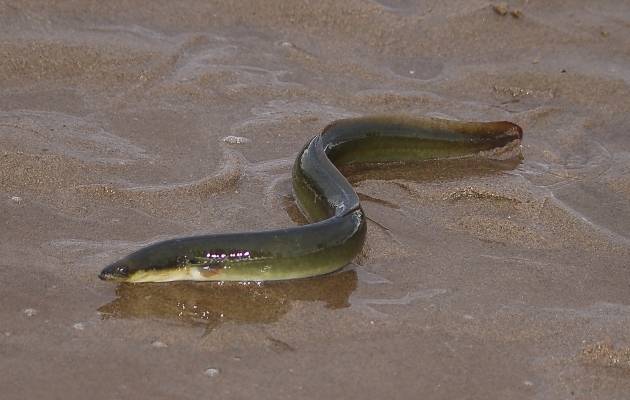



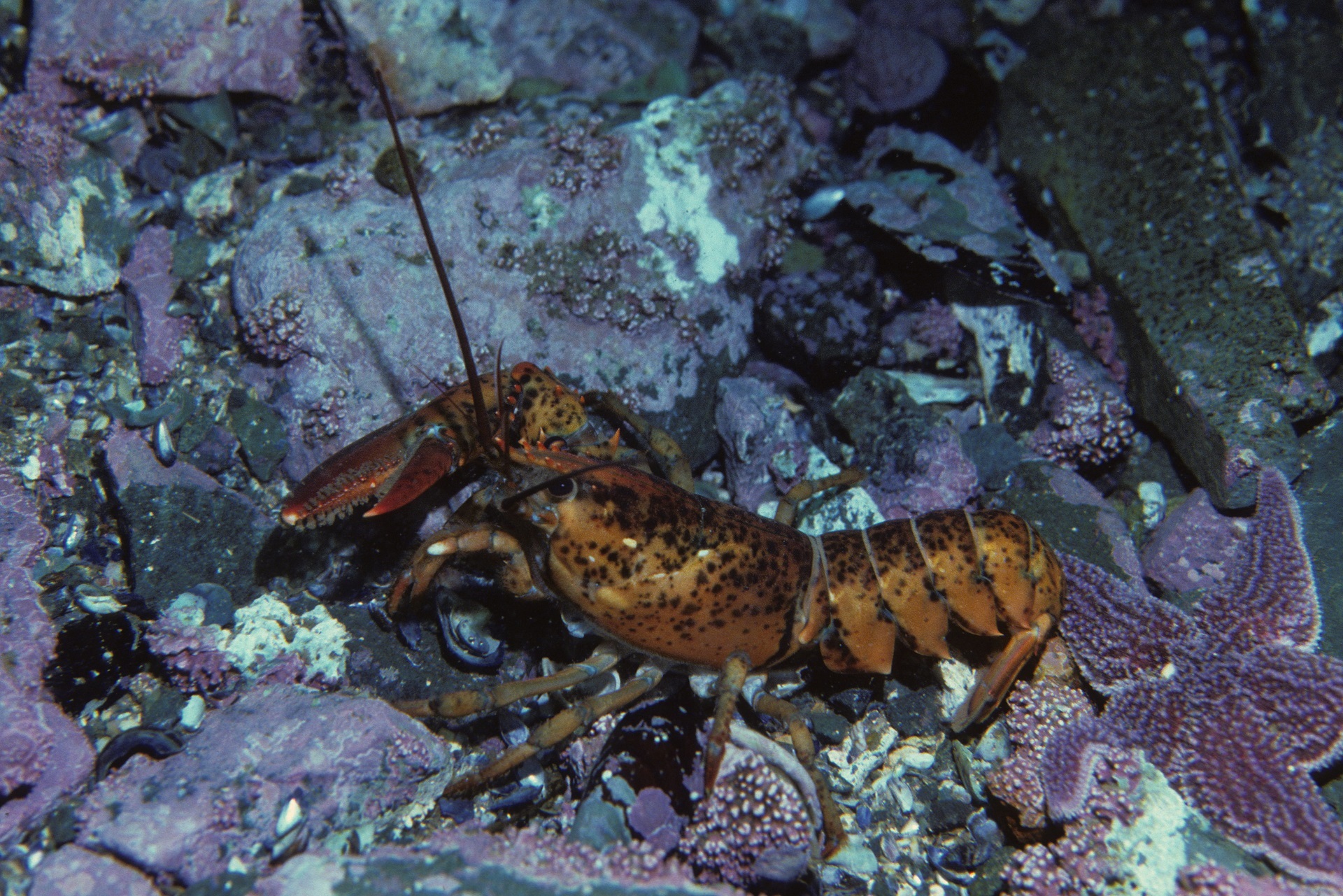
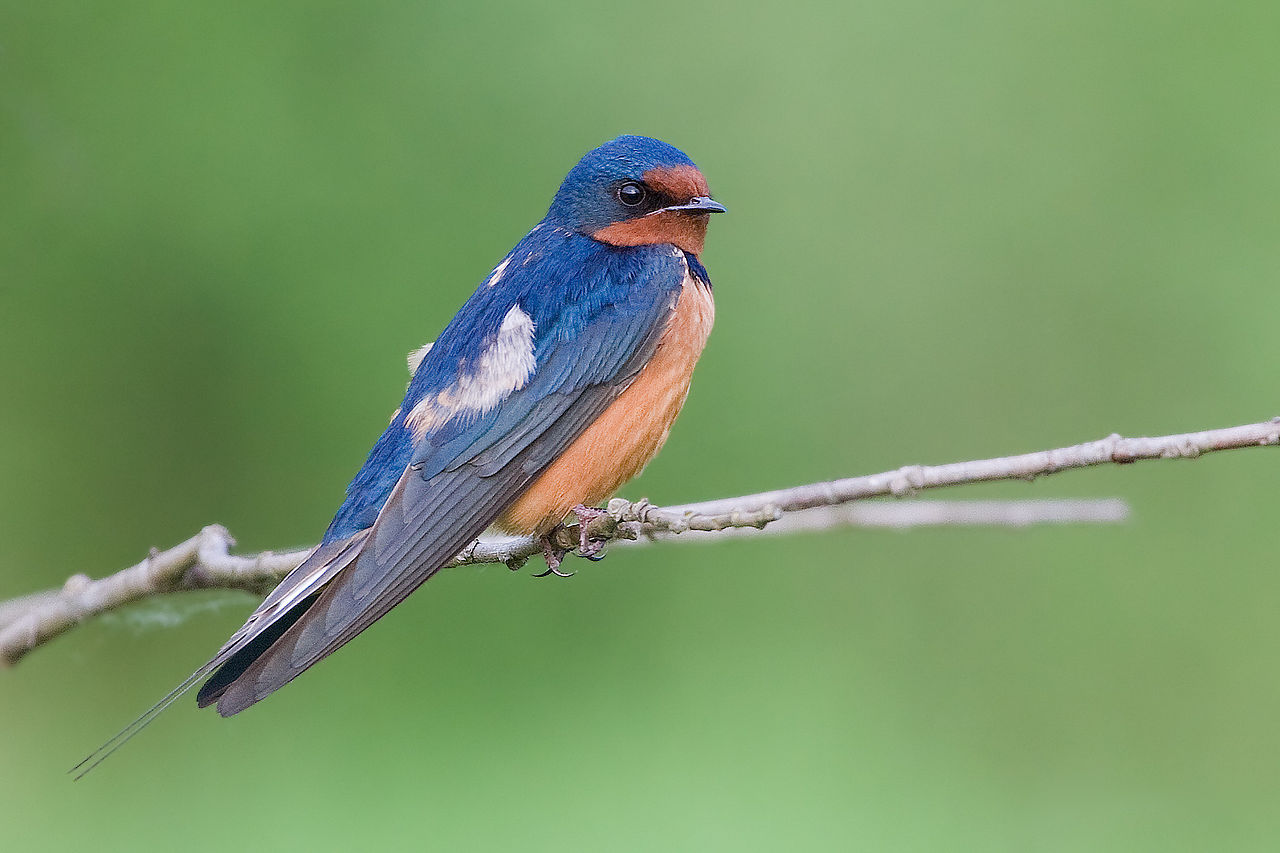


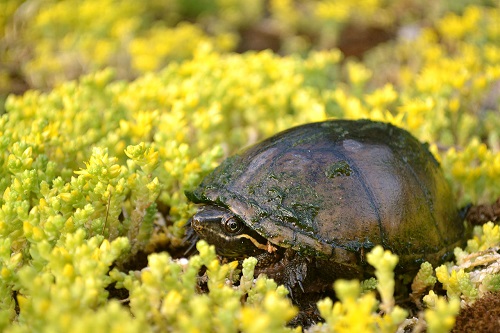

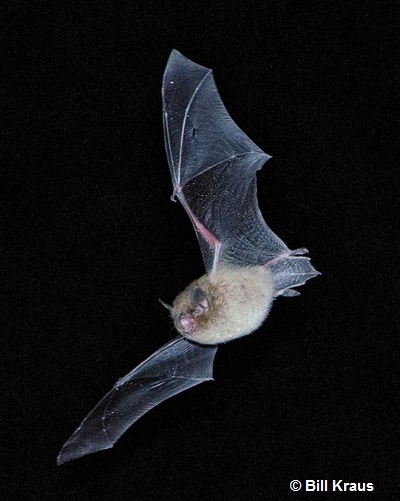






 Adult Trumpeter Swans Cygnus buccinator are large birds with white feathers and black legs and feet. The feathers of the head and the upper part of the neck often become stained orange as a result of feeding in areas rich in iron salts. The lack of colour anywhere on the swans’ bodies distinguishes them from other white species of waterfowl, such as snow geese, which have black wing tips.
Adult Trumpeter Swans Cygnus buccinator are large birds with white feathers and black legs and feet. The feathers of the head and the upper part of the neck often become stained orange as a result of feeding in areas rich in iron salts. The lack of colour anywhere on the swans’ bodies distinguishes them from other white species of waterfowl, such as snow geese, which have black wing tips.